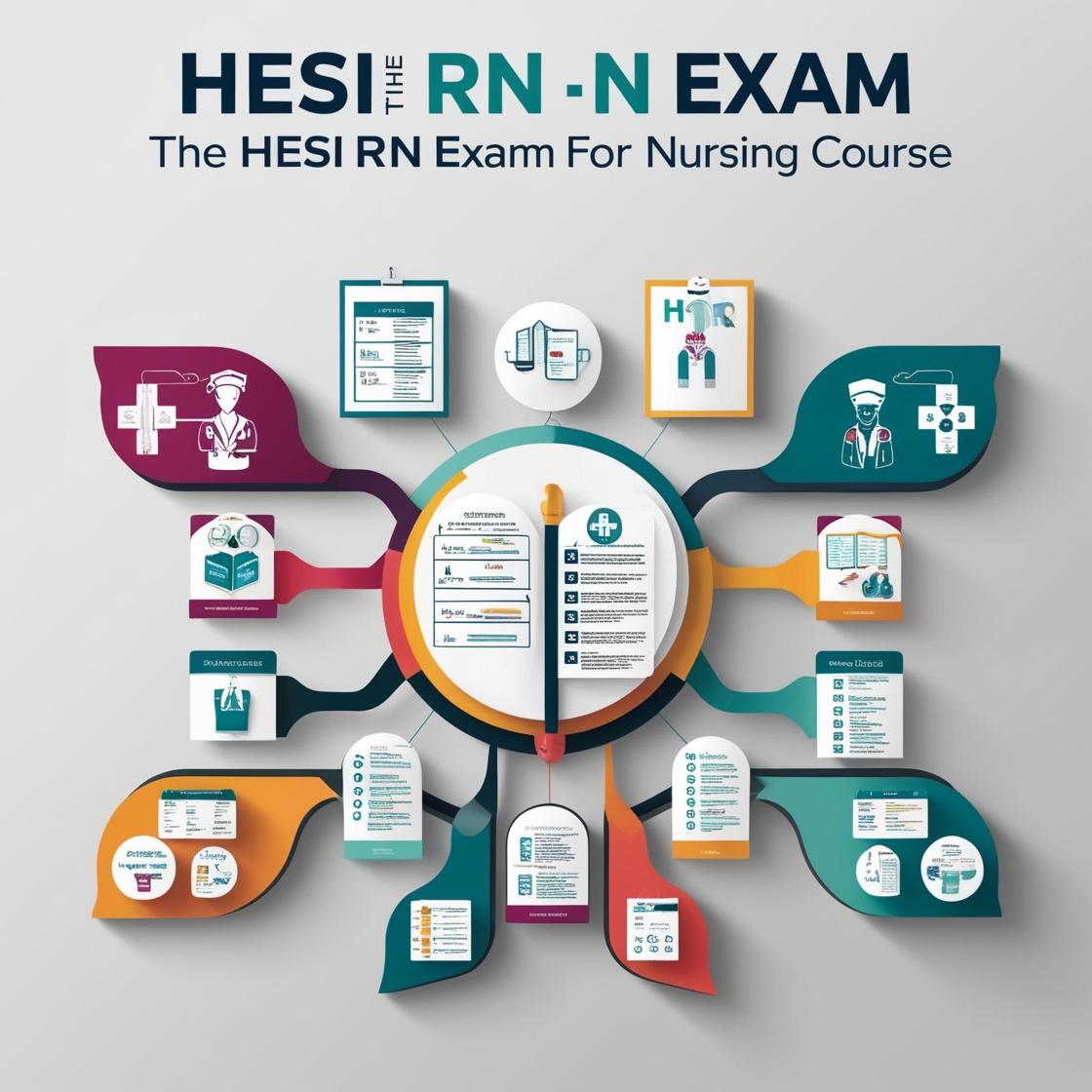HESI RN
Maternity HESI 2023 Quizlet
1. The client is 24 hours postpartum and is being discharged. The nurse explains that vaginal discharge will change from red to pink and then to white. If the client starts having red bleeding after the color changes, what should the nurse instruct the client to do?
- A. Reduce activity level and notify the healthcare provider.
- B. Go to bed and assume a knee-chest position.
- C. Massage the uterus and go to the emergency room.
- D. Do not worry as this is a normal occurrence.
Correct answer: A
Rationale: If the client experiences red bleeding after the color changes, it may indicate possible hemorrhage or retained placental fragments, which require immediate attention. Instructing the client to reduce activity level and notify the healthcare provider is crucial for prompt evaluation and management of potential complications.
2. An unlicensed assistive personnel (UAP) reports to the charge nurse that a client who delivered a 7-pound infant 12 hours ago is reporting a severe headache. The client’s blood pressure is 110/70 mmHg, respiratory rate is 18 breaths/min, heart rate is 74 beats/min, and temperature is 98.6°F (37°C). What action should the charge nurse implement first?
- A. Notify the healthcare provider of the assessment findings.
- B. Administer analgesics as prescribed.
- C. Increase the client’s fluid intake.
- D. Monitor the client’s vital signs every hour.
Correct answer: A
Rationale: A severe headache post-delivery could indicate a serious condition such as preeclampsia or a spinal headache, which requires immediate medical attention. Notifying the healthcare provider of the assessment findings allows for prompt evaluation and appropriate management of the client's condition.
3. A 6-year-old with heart failure (HF) gained 2 pounds in the last 24 hours. Which intervention is more important for the nurse to implement?
- A. Graph the daily weight for the past week.
- B. Decrease IV flow rate.
- C. Assess bilateral lung sounds.
- D. Restrict intake of oral fluids.
Correct answer: C
Rationale: Assessing bilateral lung sounds is crucial in this scenario as it can provide essential information about potential fluid accumulation in the lungs, indicating worsening heart failure. This assessment can guide immediate interventions to prevent further deterioration in the patient's condition.
4. The nurse is caring for a 5-year-old child with Reye’s syndrome. Which goal of treatment most clearly relates to caring for this child?
- A. Reduce cerebral edema and lower intracranial pressure
- B. Avert hypotension and septic shock
- C. Prevent cardiac arrhythmias and heart failure
- D. Promote kidney perfusion and normal blood pressure
Correct answer: A
Rationale: Reducing cerebral edema and lowering intracranial pressure is the primary goal of treatment for Reye’s syndrome.
5. A 6-week-old infant diagnosed with pyloric stenosis has recently developed projectile vomiting. Which assessment finding indicates to the nurse that the infant is becoming dehydrated?
- A. Weak cry without tears.
- B. Bulging fontanel.
- C. Visible peristaltic wave.
- D. Palpable mass in the right upper quadrant.
Correct answer: A
Rationale: In infants, a weak cry without tears is a classic sign of dehydration. Tears are produced by the lacrimal glands, and reduced tear production is a result of dehydration. This assessment finding should alert the nurse to the infant's dehydration status, requiring prompt intervention to prevent further complications.
Similar Questions

Access More Features
HESI RN Basic
$69.99/ 30 days
- 50,000 Questions with answers
- All HESI courses Coverage
- 30 days access @ $69.99
HESI RN Premium
$149.99/ 90 days
- 50,000 Questions with answers
- All HESI courses Coverage
- 30 days access @ $149.99
